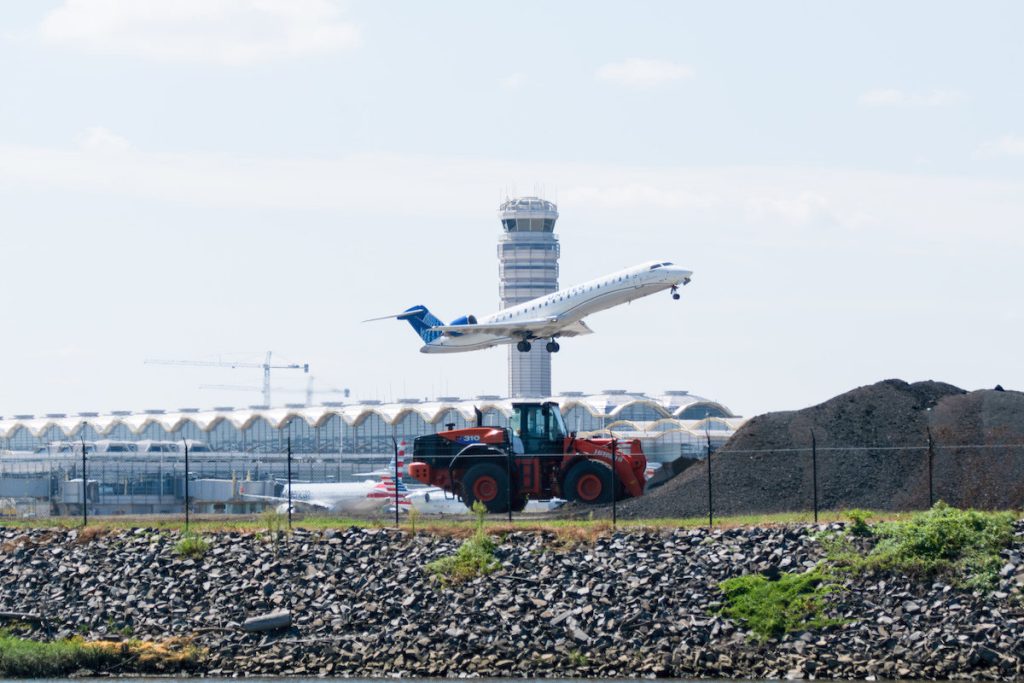The Federal Aviation Administration Reauthorization Bill has passed Congress, extending the agency’s authority for the next five years. Typically, the bill passes without much debate, but issues such as outdated technology and the use of biometrics in airports caused delays in its passing. One key provision of the bill is an increase in the number of long-distance flights allowed at Ronald Reagan Washington National Airport, a change that was heavily debated in Congress.
The bill also includes consumer protections such as automatic refunds for significantly delayed or canceled flights, guaranteed family seating without extra fees, and a mandate that airline travel credits cannot expire for at least five years. The inclusion of automatic refunds was met with resistance from the airline industry but ultimately gained bipartisan support in the Senate. The Department of Transportation’s rule for automatic refunds eliminates the need for passengers to make requests for refunds in certain situations.
Efforts to restrict the use of biometrics, such as facial recognition, at airports were rejected in the final version of the bill. The U.S. Travel Association, among others, advocated for the use of biometrics in airport security screening, citing its potential to improve efficiency and security. The Transportation Security Administration plans to implement biometric technology at hundreds of airports in the coming years.
The bill also addresses the shortage of air-traffic controllers that has been exacerbated by the pandemic. The shortage has led to flight reductions, delays, and cancellations, particularly in areas like New York and D.C. The bill sets minimum hiring targets for air-traffic controllers, conducts a study on the number of controllers needed at each tower, and increases access to advanced air-traffic control simulator training. The shortage of air-traffic controllers is a significant issue that the bill aims to alleviate.
The passage of the FAA Reauthorization Bill allows for the continuation of critical aviation programs and policies for the next five years. While the bill faced delays and debates over various provisions, such as increased long-distance flights at certain airports and consumer protections, it ultimately passed with overwhelming support in the House of Representatives. The inclusion of automatic refunds, family seating guarantees, and measures to address the air-traffic controller shortage are significant aspects of the bill that aim to improve the overall air travel experience for passengers.
Overall, the FAA Reauthorization Bill is a comprehensive piece of legislation that addresses key issues in the aviation industry, from consumer protections to air-traffic controller shortages. The bill reflects the ongoing challenges and advancements in aviation technology and security, with provisions that seek to enhance the efficiency and safety of air travel in the United States. By extending the FAA’s authority and implementing measures to address critical issues, the bill sets a foundation for continued improvements in the aviation sector in the coming years.


